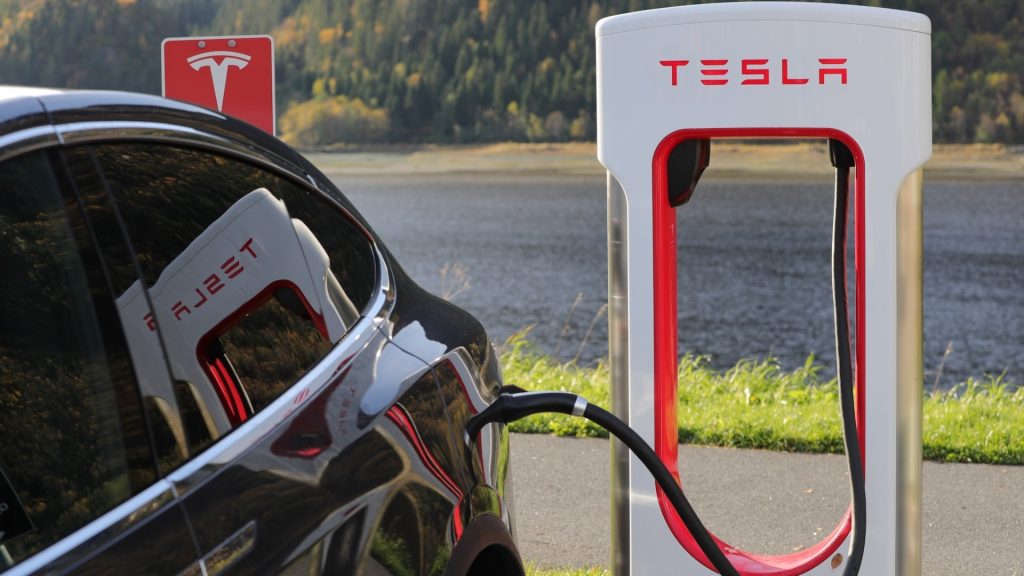Elon Musk firmly stands by the notion that a great product should effortlessly attract attention. In the past, he has openly criticized traditional advertising practices, calling them a “consumer tax.”
But the recent drops in sales led by the price cuts have forced the billionaire to reevaluate his stance.
“I don’t think that you get that much demand elasticity by cutting a Model Y to $48,000 from $55,000. Instead of a $2,000 price cut, let’s do $1,800 and try advertising more,” argues Gary Black, a prominent Chicago fund manager who has long supported Tesla.
Essentially, Black contends that Musk should reevaluate Tesla’s heavy reliance on price reductions in favor of increased advertising to highlight features like reduced EV costs and enhanced safety through over-the-air software updates. According to CNBC, this is crucial, given that despite a 140% stock price increase this year, Tesla lags one-third behind its 2021 peak and trails the S&P 500’s performance in the past year.
Some shareholders have also expressed the same idea, and even Elon Musk expressed openness to trying advertising at a recent shareholder meeting in May. Musk hinted at the possibility of using advertising to showcase Tesla’s safety features, including airbag deployment technology, as features that could appeal to consumers.
He even made a commitment: “I think what you are saying does have some merit, and I believe in taking suggestions. We’ll try a little advertising and see how it goes,” he remarked, prompting an eruption of cheers from shareholders. Musk humorously added, “I wasn’t expecting that level of enthusiasm.”
However, Tesla has not significantly increased its advertising spend, and price cuts remain the primary strategy. Despite price reductions, Tesla’s market share in the EV sector has been slipping, and its gross margins have declined.
Shareholders who were expecting a significant advertising push from Tesla are unlikely to be pleased with the current situation. In the recent months after the meeting, Tesla’s investment in online and social advertising, although progressive, has been minimal.
Tesla’s Research and Development R&D spending per car, at $2984, is triple the industry average of about $1,000 per vehicle and surpasses the combined R&D budgets of Ford, GM, and Chrysler per car.

Cutting-edge technology has always been the primary focus of Tesla. In fact, the company dedicates almost all of its R&D budget to enhancing technologies like sentry mode, bioweapon defense mode, and primary self-driving capabilities for electric vehicles, without any allocation to internal combustion engine developments.
It’s a plausible viewpoint that an augmented advertising budget might assist Tesla in elucidating the sophistication of their product range to a broader audience.
Focusing on European and Asian markets would enable Tesla to diversify its revenue streams and tap into the increasing demand for electric vehicles (EVs). In China, where Tesla has already made significant progress with its Gigafactory in Shanghai, increased advertising spending could be a game-changer. These efforts would likely enhance brand visibility and credibility, potentially helping Tesla capture the competitive Chinese EV market and continue its global expansion.
According to electrek.co, Tesla has recently conducted around 300 different Google ad experiments, primarily centered on testing ad headlines about post-incentive U.S. pricing, while also considering targeted ads highlighting their “built in Texas” origin and vehicle safety ratings.
Musk understands that a sudden and overly aggressive approach to advertising could pose significant challenges to Tesla’s ambitions for market growth and profitability. Competitor Ford, for example, has conspicuously spent to promote its F-150 Lightning pickup, while General Motors has run Super Bowl ads for the last three years. In the field of advertising, Tesla is essentially entering a competitive arena where seasoned marketers already dominate.








Why SpaceX's $15B Investment in Vietnam Matters - Investmentals
[…] Vietnamese government said in a statement on Thursday that Elon Musk’s SpaceX plans to invest $15 billion in Vietnam. Having once faced significant crises […]